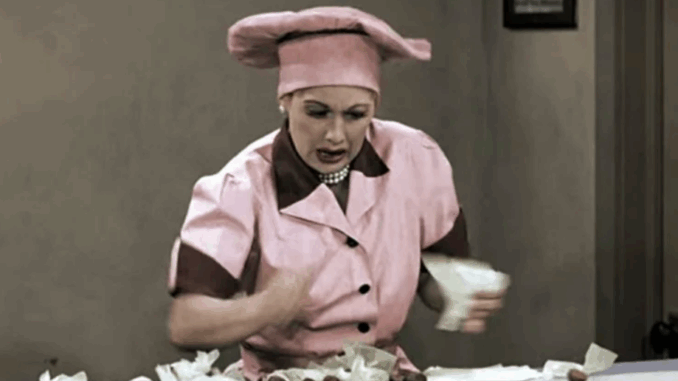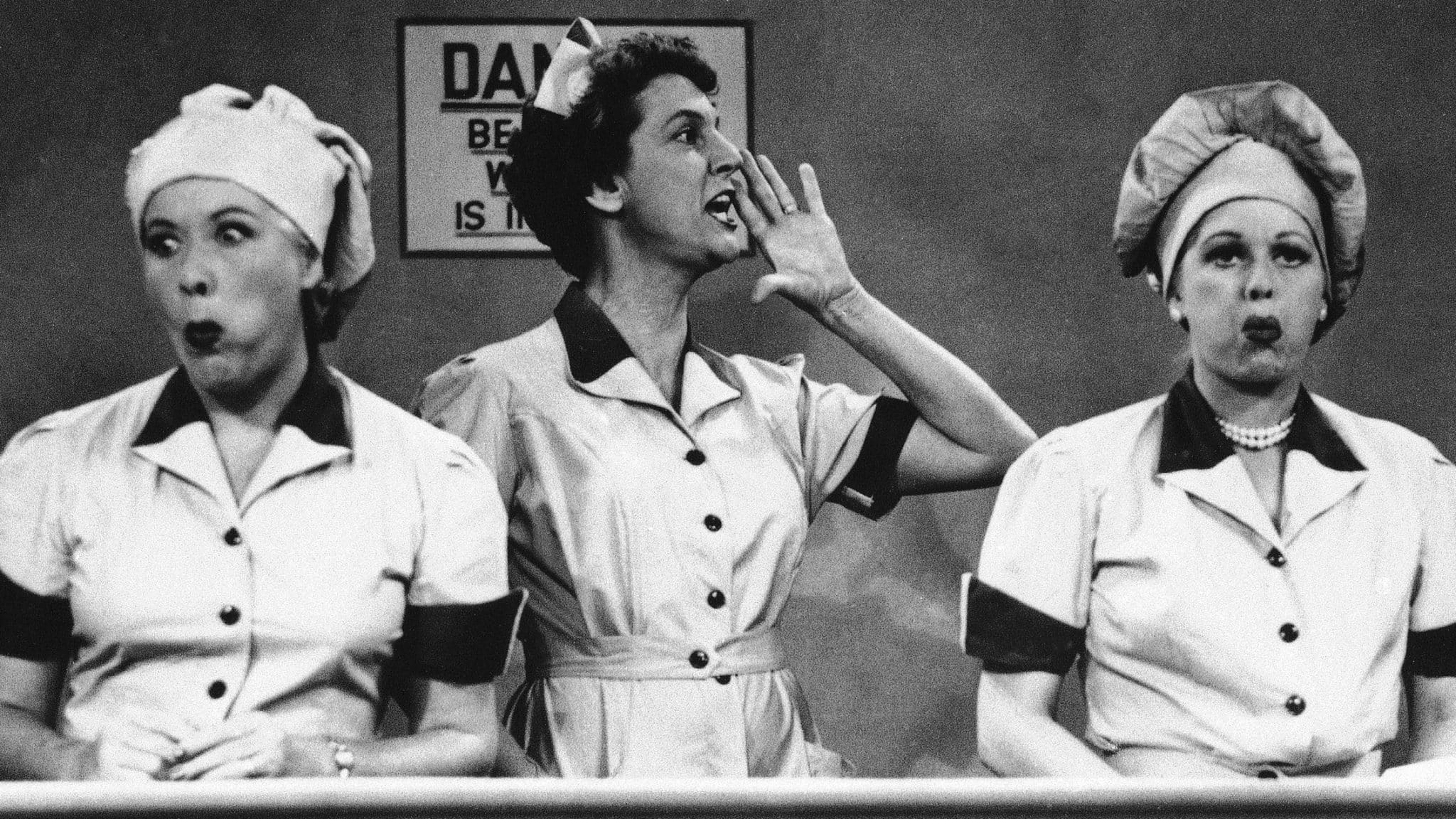
More than seven decades after its 1951 debut, I Love Lucy remains one of the most beloved and rewatched sitcoms of all time. The show’s black-and-white format, old-fashioned gender roles, and slapstick antics might seem dated to younger viewers, but Lucy Ricardo’s charm is still irresistible — and her comedic genius undiminished.
Much of that staying power can be credited to Lucille Ball herself. As Lucy Ricardo, she played the ultimate dreamer: a woman who longed for the stage, yearned to break into show business, and almost always made a mess of it. But unlike many sitcom characters, Lucy didn’t fail because she was incompetent — she failed because she dared to chase something bigger in a world that told her to stay small. And then she made us laugh about it.
Episodes like “Job Switching,” where Lucy and Ethel disastrously wrap chocolates on a speeding conveyor belt, or “Lucy Does a TV Commercial,” where Lucy gets drunk filming a health tonic ad, are still quoted today. But they were also revolutionary. For the first time, a woman was front and center on television, making faces, failing spectacularly, and being completely unapologetic about it.

Behind the scenes, Ball and husband Desi Arnaz broke barriers. They pioneered the use of a three-camera setup in front of a live audience and insisted on shooting in Hollywood rather than New York — a move that laid the foundation for modern sitcom production. They also owned their own production company, Desilu Productions, which would later produce Star Trek and The Untouchables.
But most importantly, I Love Lucy gave millions of Americans permission to laugh. In an era shadowed by Cold War fears, post-war domestic pressures, and rigid social roles, Lucy’s antics were a joyful rebellion. Even now, when we revisit those black-and-white frames, we’re reminded that comedy doesn’t age — not when it’s done right.